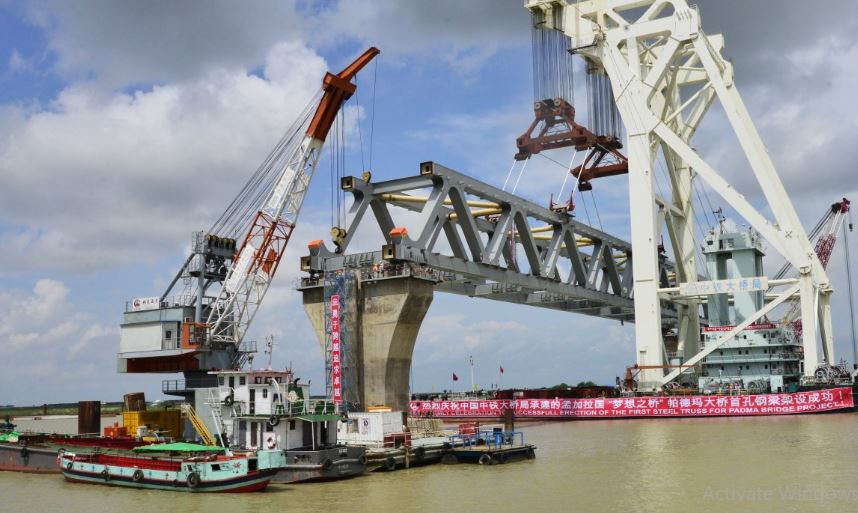BEIJING: China’s ambitious Belt and Road Initiatives (BRI) plan can be the latest victim of the coronavirus outbreak that has spread from China to the rest of the world.
Since the outbreak of the coronavirus in December last year, many countries imposed entry restrictions on Chinese visitors, including those hosting mega projects being constructed under Beijing’s multibillion-dollar BRI.
The Bangladesh-China Power, a joint-venture company behind a US$2.5 billion power plant which was under development near the port of Payra, said that the project’s commissioning had been delayed because the Chinese workers who had gone China to celebrate the Lunar New Year holiday were unable to re-enter Bangladesh.
Khurshedul Alam, the Acting Managing Director of the project said it was unclear when the work would now be carried out.
Alam was quoted as saying by Bangladeshi newspaper The Business Standard that they can’t do the post-test-run maintenance since several workers are stuck in China in the wake of the coronavirus pandemic.
He, however, hoped that the operations at the 1,320-megawatt plant, with half the 6,000 workers Chinese workers, would get back to normal soon.
Obaidul Quader, Bangladesh’s minister for road transport and bridges, maintained that work on Bangladesh’s largest-ever infrastructure development – a US$1.1 billion road and rail bridge across the Padma River – was under threat, reports said.
The project, too, would face hitches if the coronavirus outbreak continued to worsen, he said. The project is being built by China Major Bridge Engineering Company.
According to Dewan Abdul Quader, the executive engineer on the Padma Bridge scheme maintained that around 330 of the 980 Chinese workers involved in the project were stuck in China.
Meanwhile, authorities in Bangladesh stopped issuing on-arrival visas to Chinese visitors. They said that Chinese citizens applying for visas would be required to show medical certificates.
(With inputs from Agencies)









Comment